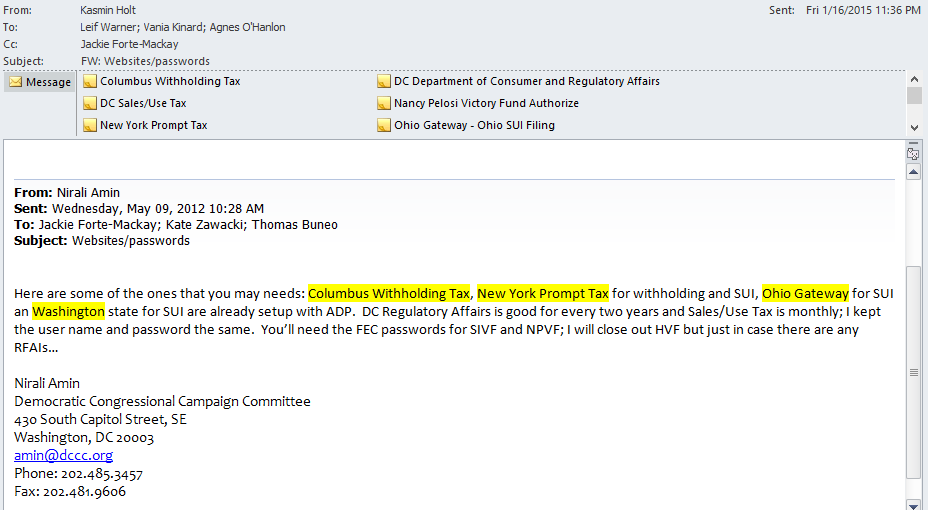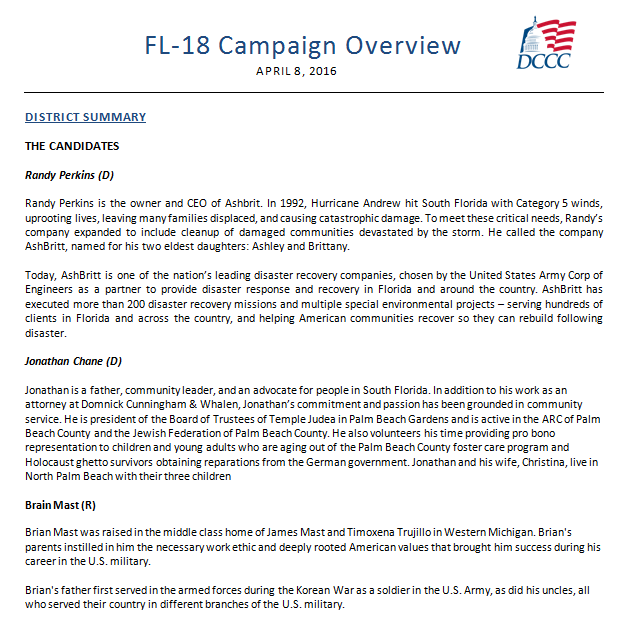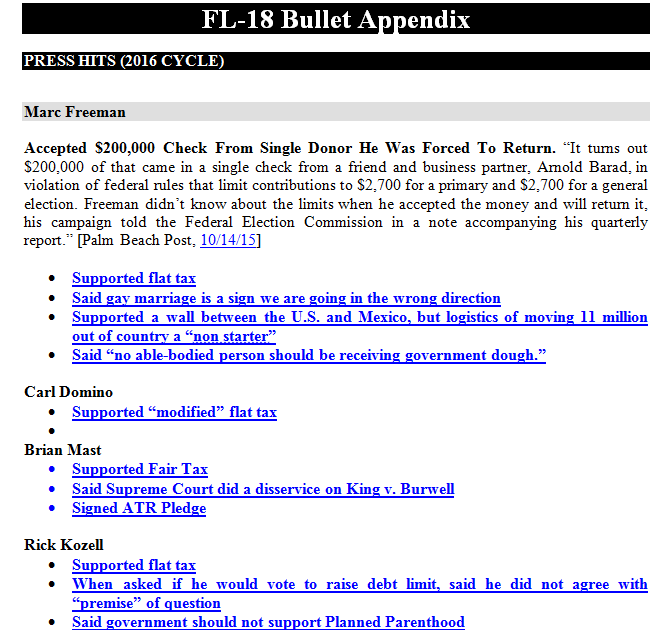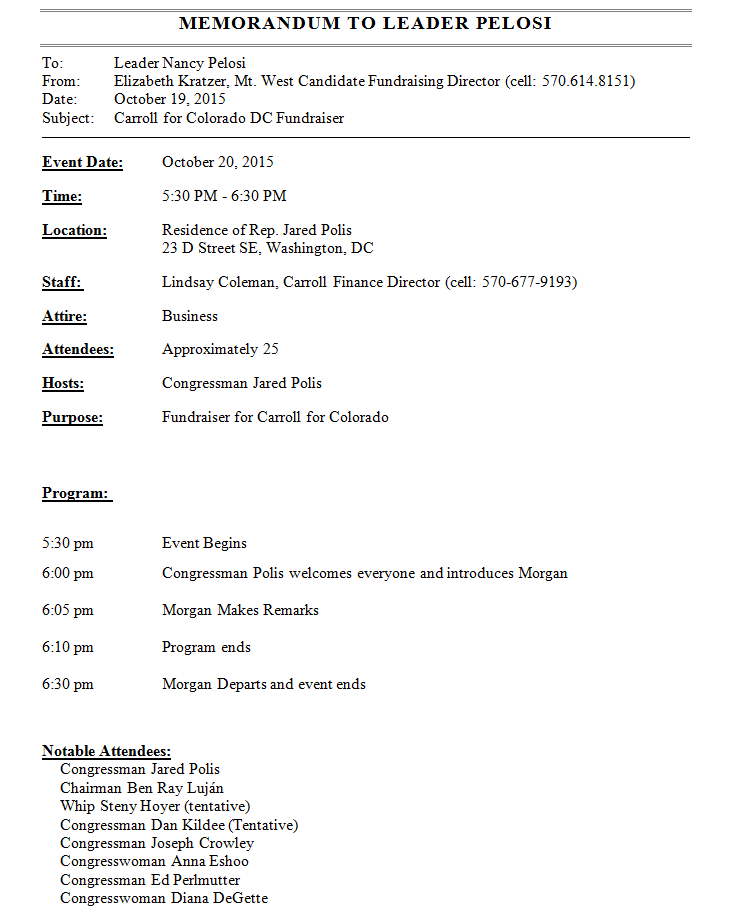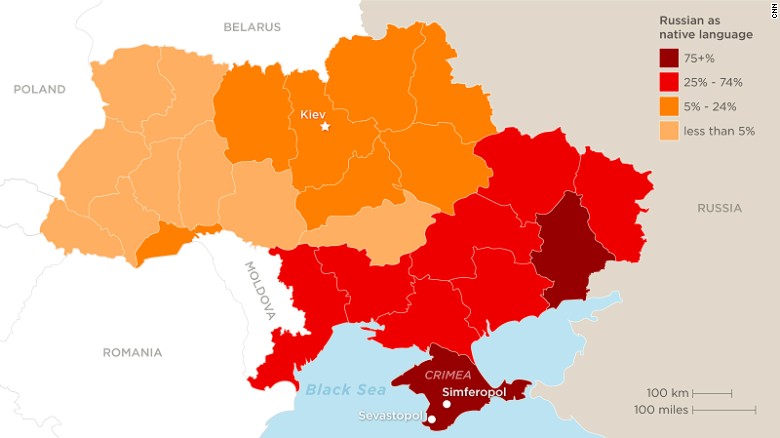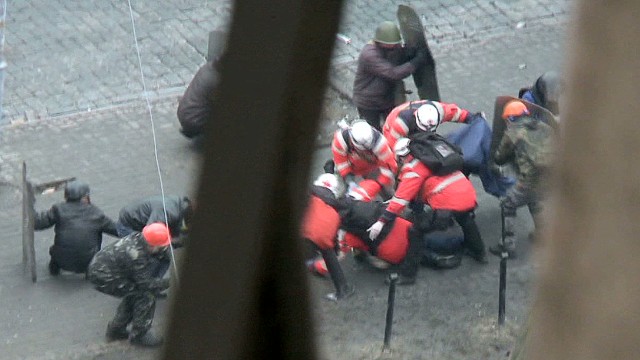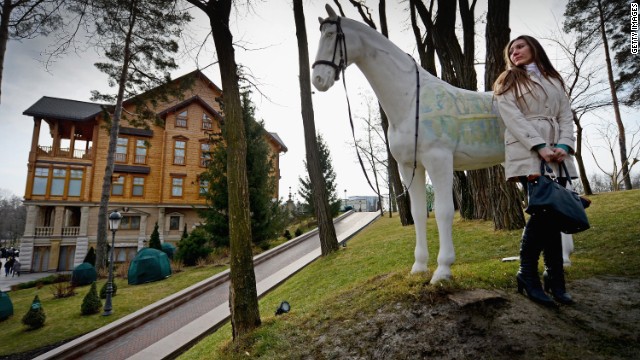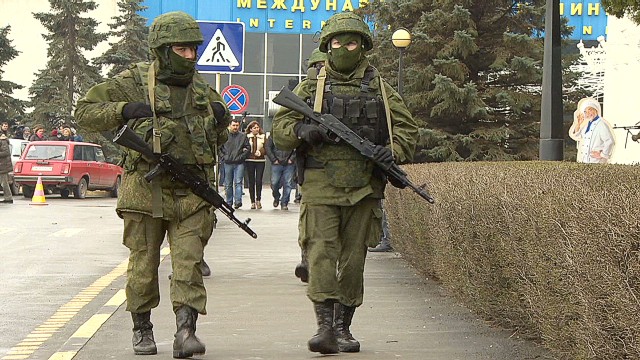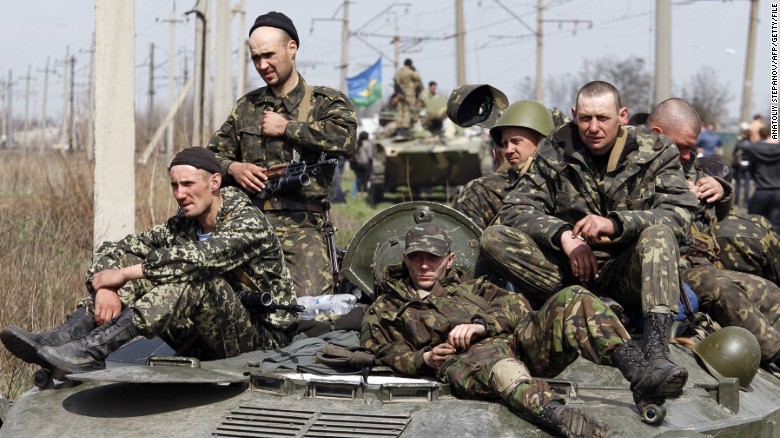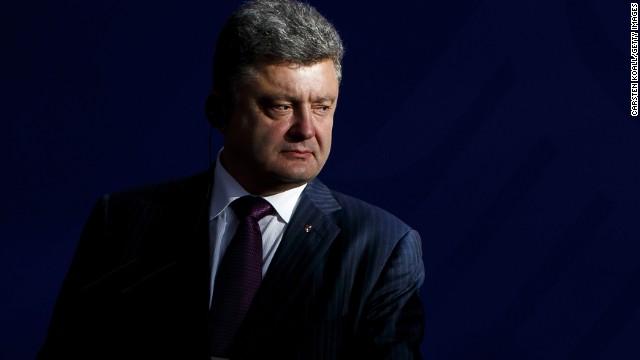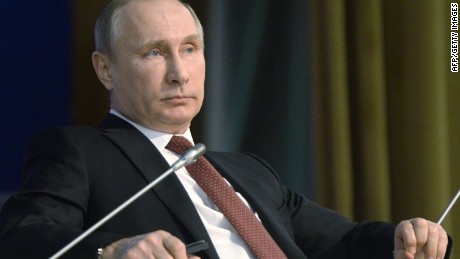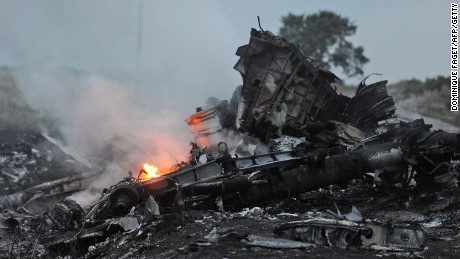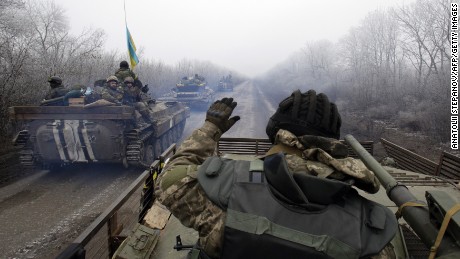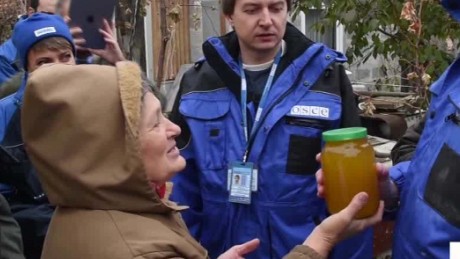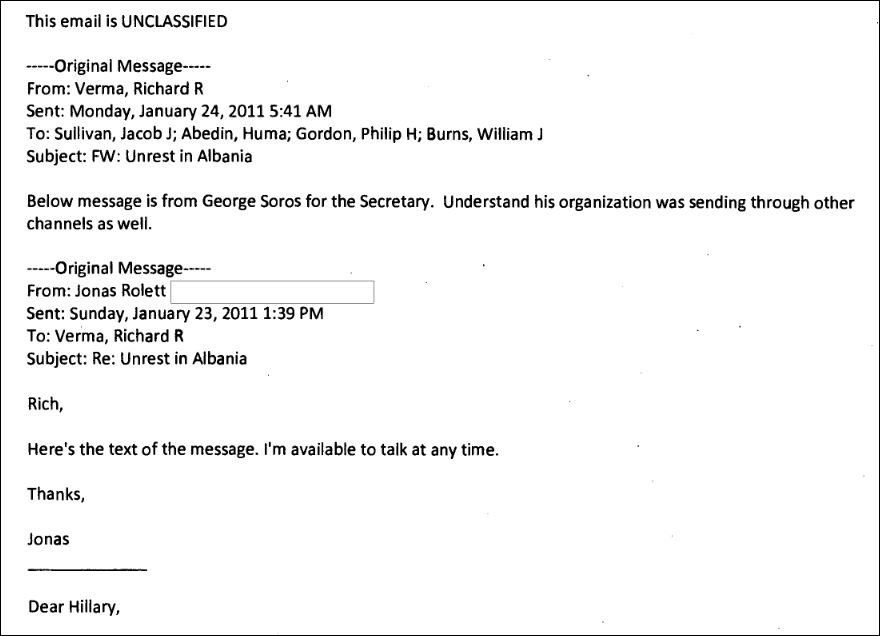Pro-Assad Media Outlet: Russia Deploys Bombers To Iran
Interpreter: Al Masdar, a media outlet with close ties to the Syrian security apparatus which is widely considered to be pro-Assad, reports that Russian bombers are now operating out of the Hamedan Air Base in western Iran. The outlet says that they have received exclusive pictures from the base. Al Masdar reports:
Currently, the strategic TU-22M3 bombers take flight from southern Russia at Modzok airfield; however, this newly signed military agreement with Iran will allow Russia to reduce flight time by 60%, saving the Kremlin both money and improving airstrike effectiveness.
The distance of these flights equal roughly 2,150km to reach a target near Palmyra. From Hamedan Air Base in Iran the distance to reach a target near Palmyra equals roughly 900km.
The Khmeimim Airbase in Latakia province – which Russia was granted access to in late 2015 – is not suitable for the massive TU-22M3, the largest bomber jet in the world.
Russia deploys jets at Iranian Airbase to combat insurgents in Syria Al-Masdar News has obtained exclusive photos of Russian warplanes being deployed to the Hamedan Air Base in western Iran. Currently, the strategic TU-22M3 bombers take flight from southern Russia at Modzok airfield; however, this newly signed military agreement with Iran will allow Russia to reduce flight time by 60%, saving the Kremlin both money and improving airstrike effectiveness.
The report has been circulated by several pro-Kremlin propagandists, adding credibility to the claims.
Just hours ago we reported that, according to Interfax, Russia has sought permission from Iran and Iraq to fire cruise missiles over their airspace.
— James Miller
Tu-22M3 and Su-34 bombers flew from Iran’s Hamadan base Tuesday to attack Islamic State and Nusra Front targets in Syria’s Aleppo, Deir ez-Zor and Idlib provinces, the Russian Defense Ministry said in an e-mailed statement. They returned to the base after completing their missions, it said.
The bombers were supported by fighter jets from Syria’s Hmeimeem base that Russia’s used to carry out airstrikes in support of President Bashar al-Assad since September. Russia’s announcement that it’s using an Iranian base to carry out attacks in Syria comes after President Vladimir Putin discussed the fight against terrorism with Iranian leader Hassan Rouhani when they met in Azerbaijan last week. Russian Defense Minister Sergei Shoigu and Iranian defense officials agreed on expanded military cooperation at talks in Moscow this month, according to the Izvestia daily. Russia and Iran are backing Assad’s army against opposition groups in Syria’s civil war, which has killed more than 280,000 people and displaced millions.
Russia asked Iran and Iraq last week to allow cruise missiles to pass through their airspace, the Interfax news service reported Monday, citing an unidentified person with knowledge of the matter. Russian warships in the Caspian Sea fired 26 cruise missiles at targets in Syria in October, shortly after Putin ordered the military campaign to commence. More from Bloomberg.
Russia Building New Underground Nuclear Command Posts
U.S. intelligence detects dozens of hardened bunkers for leaders
FreeBeacon: Russia is building large numbers of underground nuclear command bunkers in the latest sign Moscow is moving ahead with a major strategic forces modernization program.
U.S. intelligence officials said construction has been underway for several years on “dozens” of underground bunkers in Moscow and around the country.
Disclosure of the underground command bunkers comes as Army Gen. Curtis Scaparrotti, commander of U.S. European Command, warned recently that Russia has adopted a nuclear use doctrine he called “alarming.”
“It is clear that Russia is modernizing its strategic forces,” Scaparrotti told a conference sponsored by the U.S. Strategic Command.
“Russian doctrine states that tactical nuclear weapons may be used in a conventional response scenario,” Scaparrotti said on July 27. “This is alarming and it underscores why our country’s nuclear forces and NATO’s continues to be a vital component of our deterrence.”
Mark Schneider, a former Pentagon nuclear policy official, said Russia’s new national security strategy, which was made public in December, discusses increasing civil defenses against nuclear attack, an indication Moscow is preparing for nuclear war.
“Russia is getting ready for a big war which they assume will go nuclear, with them launching the first attacks,” said Schneider, now with the National Institute for Public Policy, a Virginia-based think tank.
“We are not serious about preparing for a big war, much less a nuclear war,” he added.
Additionally, Russian officials have been issuing nuclear threats.
“A lot of things they say they are doing relate to nuclear threats and nuclear warfighting,” he said. “Active and passive defense were a major Soviet priority and [current Russian leaders] are Soviets in everything but name.”
Russia is engaged in a major buildup of strategic nuclear forces, building new missiles, submarines, and bombers. A State Department report on Russian activities under the New START arms treaty stated in the spring that Moscow added 153 strategic nuclear warheads to its arsenal under the treaty.
The increase in warheads is said to be the result of the deployment of new SS-27 Mod 2 intercontinental ballistic missiles with multiple warheads and SS-N-32 submarine-launched missiles.
In addition to new missiles, Russia is building a drone submarine, code-named “Kanyon,” which is said to be designed to carry a megaton-class warhead. Moscow also is moving ahead with a hypersonic strike vehicle designed to deliver nuclear warheads through advanced missile defense systems.
A report by the National Institute for Public Policy concludes that one reason for the Russian nuclear expansion is to sow fear of Moscow.
“Russian leaders appear to view nuclear weapons as the ultimate way to make the world ‘fear,’ or at least respect Russia, and provide a political lever to intimidate, coerce, and deter Western states from attempting to interfere militarily against Russian expansionism,” the report said.
Military analysts say possible U.S. responses to Russia’s underground nuclear complexes include the development of deep-penetrating nuclear bombs capable of placing Russia’s command structure at risk.
Another option proposed by nuclear experts is to develop low-yield nuclear arms that could be used in precision strikes.
Few details about the new nuclear underground bunkers were disclosed. State-run Russian press reports have said underground bunkers are being built in Moscow as part of the strategic forces buildup.
Russia’s Defense Ministry revealed in January that a modernized command and control system will be delivered to strategic forces this year.
The system was described by RIA-Novosti as a fifth-generation advanced command and control system.
Defense Ministry spokesman Maj. Dmitri Andreyev stated that the new system, known by its Russian acronym IASBU, will use digital signals to send combat orders and control strategic forces.
“The fifth-generation advanced integrated automated combat control system is being tested at industry enterprises,” Andreyev said, adding that by the end of the year missile units will be equipped with the “modernized control posts and advanced strategic missile systems under development with IASBU sections.”
The new system is being used with new SS-27 intercontinental missile units and will provide greater security so that orders will reach those units.
“This will enable use of missile systems without limiting distances while carrying out maneuvering and broadening of options in choosing their combat patrol routes,” the spokesman said.
The new underground nuclear facilities appear similar to earlier construction for command and control complexes during the Cold War, one official said. Russia also continued building underground nuclear facilities after the fall of the Soviet Union in 1991.
The CIA reported through classified channels in March 1997 that construction included an underground subway system from the residence of then-President Boris Yeltsin outside Moscow to a leadership command center.
“The underground construction appears larger than previously assessed,” a CIA report on the facilities stated. “Three decrees last year [1996] on an emergency planning authority under Yeltsin with oversight of underground facility construction suggest that the purpose of the Moscow-area projects is to maintain continuity of leadership during nuclear war.”
Construction work was underway on what the report described as a “nuclear-survivable, strategic command post at Kosvinsky Mountain,” located deep in the Ural Mountains about 850 miles east of Moscow.
Satellite photographs of Yamantau Mountain, also located about 850 miles east of Moscow in the Urals near the town of Beloretsk, revealed development of a “deep underground complex” and new construction at each of the site’s above-ground support areas. Yamantau Mountain means “Evil Mountain” in the local Bashkir language.
“The command post at Kosvinsky appears to provide the Russians with the means to retaliate against a nuclear attack,” the CIA report said, adding that the Russians were building or renovating four complexes within Moscow that would be used to house senior Russian government leaders during a nuclear conflict.
The CIA identified a bunker to be used by Russian leaders at Voronovo, about 46 miles south of Moscow. A second bunker located at Sharapovo, some 34 miles from Moscow, was equipped with a special subway running directly to it.
The nuclear war preparations are estimated to cost billions of dollars, and raise questions about past U.S. aid to Moscow that was aimed at helping secure Russian nuclear facilities.



